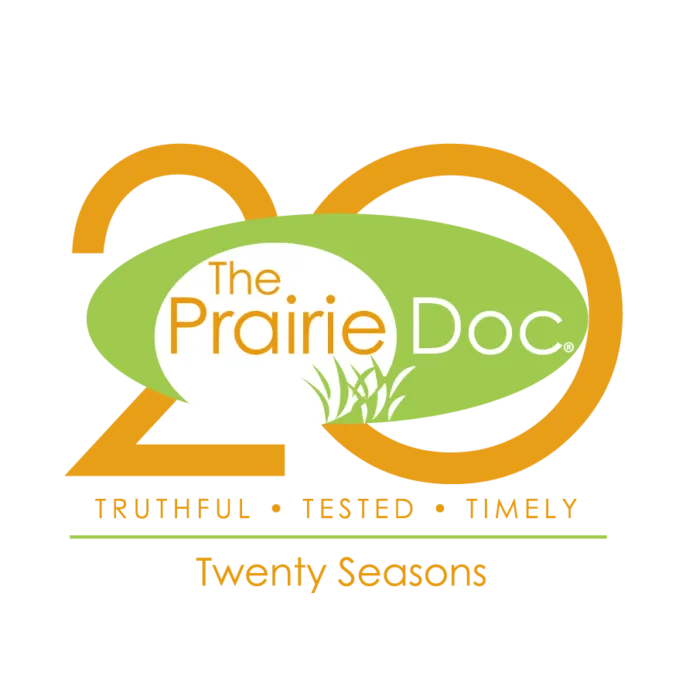“Well, doc,” the patient was telling me, “I get winded so easily now. I can hardly go to the mailbox without stopping to catch my breath. It did not used to be that way. Do you think something is wrong?”
Many of us have experienced shortness of breath. After a period of inactivity, such as winter or a busy month, when we decide to exercise again, it may be easier to feel winded. That experience can be due to deconditioning, feeling out of shape. A good remedy for that is a gradual increase in exercise, helping us to regain our strength and endurance.
Sometimes we get short of breath for other reasons. A recent infection can be a common cause, giving us a bad cough and leaving us winded for a while. There are several other lung causes like asthma or chronic obstructive pulmonary disease, including emphysema and chronic bronchitis, which can leave us short of breath.
However, the feeling of shortness of breath does not necessarily mean there is a problem with the lungs. Shortness of breath can be a symptom of heart disease. A partial or total blockage of an artery in the heart may give someone chest pain, but sometimes shortness of breath could be one of the only symptoms.
One can feel winded from heart failure, when the heart is not pumping as well. As the heart has trouble keeping up, a person can get short of breath from the buildup of fluid, which may cause swelling of the legs and sometimes buildup of fluid in the lungs.
Or, perhaps the shortness of breath is from anemia. If someone is anemic, the hemoglobin level in their blood is low, which reduces the body’s ability to carry oxygen throughout the body. Anemia can have a variety of causes, such as blood loss, low iron or other nutritional deficiencies, or problems with the production of blood cells. Blood loss can be caused from anything from heavy periods to a stomach ulcer. Everything that can result in anemia, can result in shortness of breath.
My patient with shortness of breath from walking to the mailbox came in to see me and we did several tests including a chest x-ray, blood tests, and an EKG. Ultimately, we did a stress test and after an angiogram and stent in the heart, he feels much better and is walking a mile or two nearly every day.
It is important to tell your healthcare provider if you are feeling shortness of breath. While it could be due to anything from your heart, your lungs, being out of shape, or even anxiety, please do not ignore your body if you are feeling winded.
Andrew Ellsworth, M.D. is part of The Prairie Doc® team of physicians and currently practices family medicine in Brookings, South Dakota. Follow The Prairie Doc® at www.prairiedoc.org and on Facebook and instagram featuring On Call with the Prairie Doc® a medical Q&A show celebrating its 22nd season of health information based on science, built on trust, streaming live on Facebook most Thursdays at 7 p.m. central.




